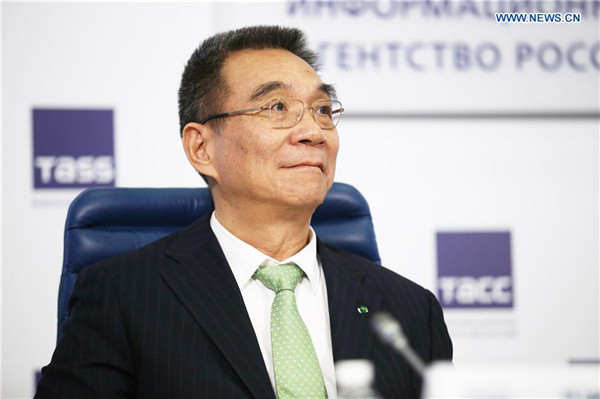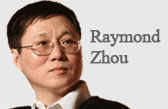Passing on to others development lessons learned over the years
By Fu Jing (China Daily) Updated: 2016-06-01 07:58
 |
|
Former World Bank chief economist Justin Yifu Lin attends a press-conference on the eve of Gaidar economic forum in Moscow, Russia, Jan 12, 2016. [Photo/Xinhua] |
China's renowned economist Justin Yifu Lin, former chief economist of the World Bank, acquired a new hat at the end of April when he became the inaugural dean of the South-South Cooperation and Development Institute of Peking University.
In September, the enrolled students from developing countries will be able to study the experiences and lessons of China's development in previous decades.
Lin, who is passionate about using China's experiences to spark African economies, since his four-year stint in World Bank, says the inauguration of the institute is a milestone event, as it will systematically begin sharing of China's development and institutional experiences.
In fact, Tsinghua University, just a few blocks away from Peking University, has already begun this. Led by Xue Lan, dean of the School of Public Policy and Management, the university launched a master's program in international development, several years ago, mainly focusing on offering those outstanding students from the developing world chances to exploring China's recipes for development.
Such initiatives are also designed to offer support for the less-developing countries to bring about their own miracles.
It is also worth mentioning that many renowned high-level officials and academic leaders in China graduated from universities in the United States, the United Kingdom, Germany and other Western countries in the 1980s and early 1990s. They well know how to mingle the knowledge earned in the West into China's development realities.
So teaching the students from the developing countries such skills should probably be the core of the curricular in the programs offered by Peking and Tsinghua universities.
Over the years, nearly all of the renowned business schools in the US, the UK, France, Switzerland and other countries have launched programs in China, while Chinese students and executives in their hundreds of thousands have flown overseas to further their business education.
But now the business management schools of China's universities have also become more competitive. And some of them have started to take small steps in enrolling students overseas.
Just as China has shaped a great development legacy on the policy front, Chinese businesspersons have also gained tremendous experiences in building up various-scale business empires starting from scratches.
Considering the massive demand for such knowledge from developing countries, the next step might be to develop an independent university for South-South cooperation and international development. With its headquarters in Beijing, it could set up branches in African and other developing countries. China's leading business schools could also take into consideration the opportunities in Africa and other developing countries when designing their strategies.
The author is deputy editor of China Daily European Edition. fujing@chinadaily.com.cn

I’ve lived in China for quite a considerable time including my graduate school years, travelled and worked in a few cities and still choose my destination taking into consideration the density of smog or PM2.5 particulate matter in the region.











